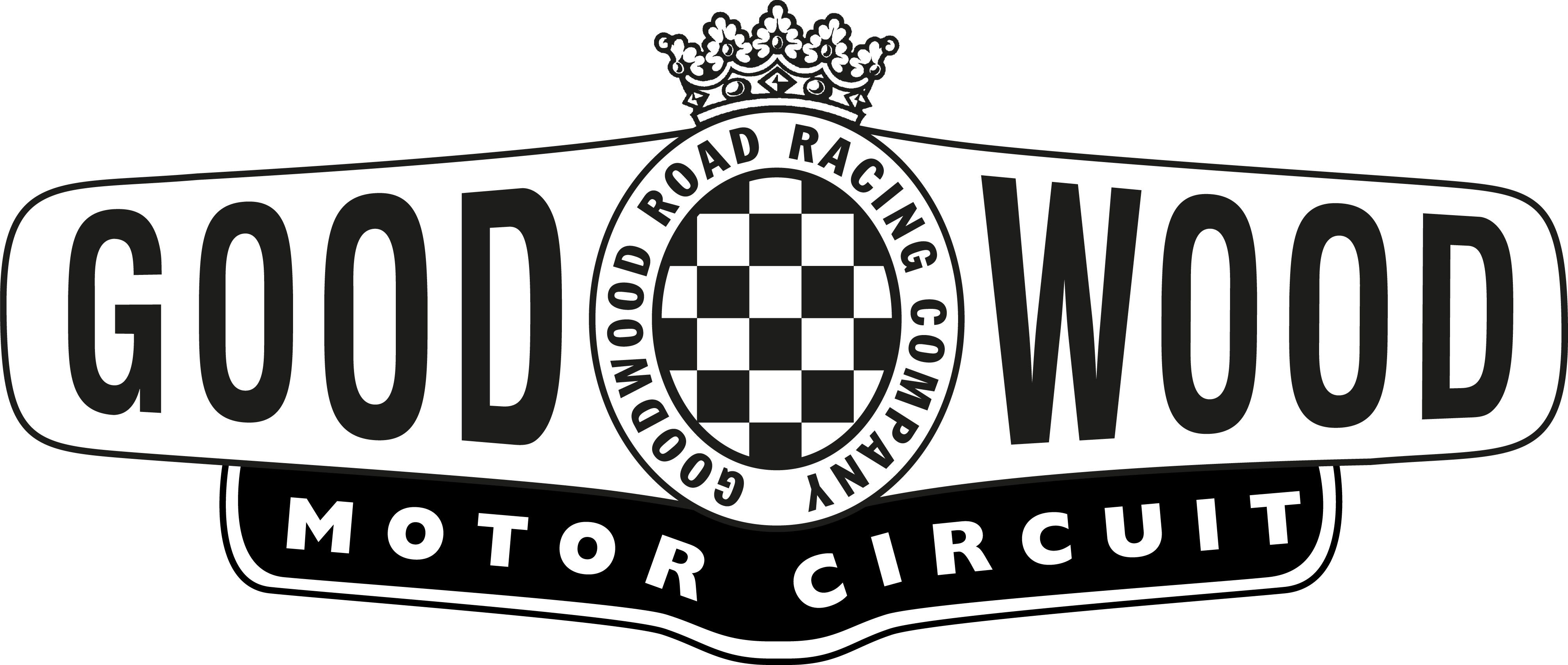Why we should all embrace vintage lifestyle at Revival
Hill House Vintage’s Paula Sutton shares her passion for all things vintage – from fashion to furniture, cars to the Revival – and explains why she embraces #VintageStyleNOTVintageValues.

Norfolk-based interiors and style influencer and author of Hill House Living: The Art of Creating a Joyful Life, Paula Sutton, needs little introduction.
The woman behind the Hill House Vintage Instagram account, with 536,000 followers and counting, is known for her English country house style (with a twist) as well as her love of gardening, cakes and all things vintage, upcycled, antique and secondhand – especially home furnishings.
A long-time supporter of Goodwood Revival, the “queen of cottagecore” and Country Homes & Interiors columnist has attended nearly every single Revival since its second year. In fact, she used to bring her children along to cheer on her husband from the sidelines, as he raced vintage cars on the track.
Paula will be dressed in her mid-century finest for all three days of Revival and you can meet her in the Revive & Thrive Village. On Friday 16th September she’s joining New York vintage impresario and bandleader, Dandy Wellington, on the Revive & Thrive Village stage at 1:15pm to discuss her own vintage style and on Saturday 17th September she’ll return to the stage at 12:05pm with stylist Charlotte Jacklin to share thrifty home styling secrets. She’ll also be appearing in the Writer’s Shed after both stage appearances, signing copies of her book.
Here, Paula explains why vintage is so relevant today and what #VintageStyleNOTVintageValues really means in the present day…

How does vintage influence your style?
Most of the items in my home are secondhand, antique, vintage, upcycled or recycled – even the smarter pieces. Usually, I'm not the first person who's had them.
There are two reasons for that; it was born out of necessity but also because I love things from the past. For starters, they’re sturdily made, but also, they’re just beautiful.
It started off as a necessity because we moved to this house in Norfolk from London and we had to fill the rooms. I’d given up my career but I still had this lovely house to furnish and fill, and I wanted to do it beautifully. And the best way to do something beautifully – and still take your time – is to buy vintage or antique furniture that is very long-lasting, will age well and won’t go out of style.
I spent my time trawling antique markets in Norfolk. This side of England has lots of little curiosity and antique shops, but they’re not the smart, posh shops that you’d find in London. They’re for people who have been trading all their lives; they’re dusty old shops that you have to squirrel into, with chairs stacked high up to the ceiling. They really are Aladdin’s caves of beauty and treasure. Even the auction houses are very cheap. I used to get chairs for a fiver each to have around my circular dining table. I’d always wanted a big, round table, and my dining table, an eBay find, was £50. People always say, ‘My goodness, it looks so expensive, where’s your dining table from?’
Any tips for sourcing vintage pieces?
The Norfolk house is Georgian and very square, like a doll’s house. All the rooms are perfectly symmetrical. I had a checklist of things I needed – that’s how it started. In the beginning, it was the basics: beds, cupboards and things that were practical.
Once you’ve got the bulk of basics, vintage shopping turns to things that enhance the space. I buy a lot of vintage art – it doesn’t have a fancy name attached to it and it doesn't have a history that goes back centuries. It just has to be something that was painted with love. You can tell it has gotten a bit dusty and threadbare over the years, but you know it's been loved and was painted by somebody who felt quite passionate… even if they weren't very good!
Everything has to have a story. Even if it doesn't have a story, I make up the story. I can imagine who sat in that chair or who used those cushions, and that's lovely in itself.
How would you describe Revival to those who haven’t been?
I love the element of stepping back in time. It's all different decades, so it's not as if you're just going to one exact moment in history. You’re seeing everybody’s creativity and everybody’s interpretation of what Revival means. That in itself is a joy.
It's a brilliant place to people-watch. I could sit on a bench and just stare at people. People really take time with accessories and the other elements that feed the whole vintage look.
Then of course, there are the cars. I adore the cars, I’m as much a vintage car fanatic as my husband. He had an old 1936 Alvis. These things are works of art, like architecture or sculpture.
Tell us about Dandy Wellington, who you’ll be chatting with at Revival
Dandy is amazing. He calls himself a vintage activist and his mantra is #VintageStyleNOTVintageValues. He’s a vintage fashion fanatic – the way he dresses is exquisite – but he’s a singer and a band leader in the very traditional sense of ‘big band style.’ His voice is as ‘smooth as molasses,’ as they say. It’s beautiful.
Dandy is uplifting and joyful, and his music takes you to another place. He dances, he’s a master showman, a wonderful, stylish man and a lovely human being.
What does #VintageStyleNOTVintageValues mean to you?
Somebody once asked me, ‘What does that mean? Does that mean you’re not into good manners and you’re not into living in a very polite and nice way?’ I think some people get confused.
The short answer is that for a lot of people who really enjoy a vintage aesthetic, especially when you're a person of colour, a black person, you’re very aware that the period you’re celebrating was sometimes a period of trauma and turmoil for certain people. Often, black people.
The reason why Dandy and other people of colour who celebrate vintage style talk about #VintageStyleNotVintageValues is to separate the fact that it’s a wonderful form of self-expression.
It’s beautiful to love the vintage cars and wonderful to dress in a nice, jaunty hat from the 1930s and to express yourself in that way, but we are also very aware that in 1930, it might not have been the happiest time to be living in the southern states of America, for instance. That’s what that means.
It’s nothing to do with turning one’s back on the wonderful things about the past, because there are so many wonderful things about the past.
Why should we all be embracing vintage in our lives?
I've got a very old vintage Dior jacket that I cannot fit into now, but you can still see that the workmanship is incredible. It’s a testament that these things exist and can be worn today. A really good, tweed jacket can be 100 years old and look as wonderful as it did new, as long as you look after it.
If it has a little hole, you can put on a patch and add a little bit of you – your touch of modernity onto something that has stood the test of time. That's the beauty of it.
The pieces were made from sustainable fabrics because you weren't getting nylons and things that were seen as modern, cheaper fabrics, so you’re getting some really beautiful fabrics that last. They’re breathable and they’re good for the planet because you’re not throwing them away straightaway.
Clothes aren't meant to be bought for today and thrown away tomorrow. It's wasteful, but also, it's almost an insult to the beautiful piece of clothing. Somebody has worked to create that piece of clothing and it deserves to be enjoyed and worn and celebrated.
What are your thoughts on inclusivity in the vintage space?
People of all colours and religions and nationalities were always interested in vintage – it’s always been there. The only thing that’s happened is social media has given people a platform to say ‘Yes, I love vintage clothing, too’ or ‘I love old cars,’ so it’s a wonderful thing that people are able to express what they love. It’s interesting to hear diverse views and to know different people’s opinions.
With my country house style, for instance, it’s very much seen as an old-fashioned, white middle-class aesthetic. Certain magazines would show the same sorts of people in those spaces. I love that old vintage country house aesthetic – my ancestors weren’t living in big houses two or three-hundred-years ago, but you can still appreciate and enjoy the beauty of it.
It's lovely to represent a different take. I have a lot of colour. I have a lot of prints. It's my take on country house style, and that can only make things last longer because it's more interesting to see how it can adapt to different people's tastes and backgrounds and experiences.
To put a layer of you on something that was seen as traditional makes it more vibrant, more interesting and makes it live longer.
Find Paula at the Revive & Thrive Village where she’ll be in conversation, talking all things vintage style, with vintage activist, bandleader and this year’s Revival moderator, Dandy Wellington and stylist, Charlotte Jacklin. She’ll also be signing copies of her book in the Writer’s Shed.
Revival
Revival Style







